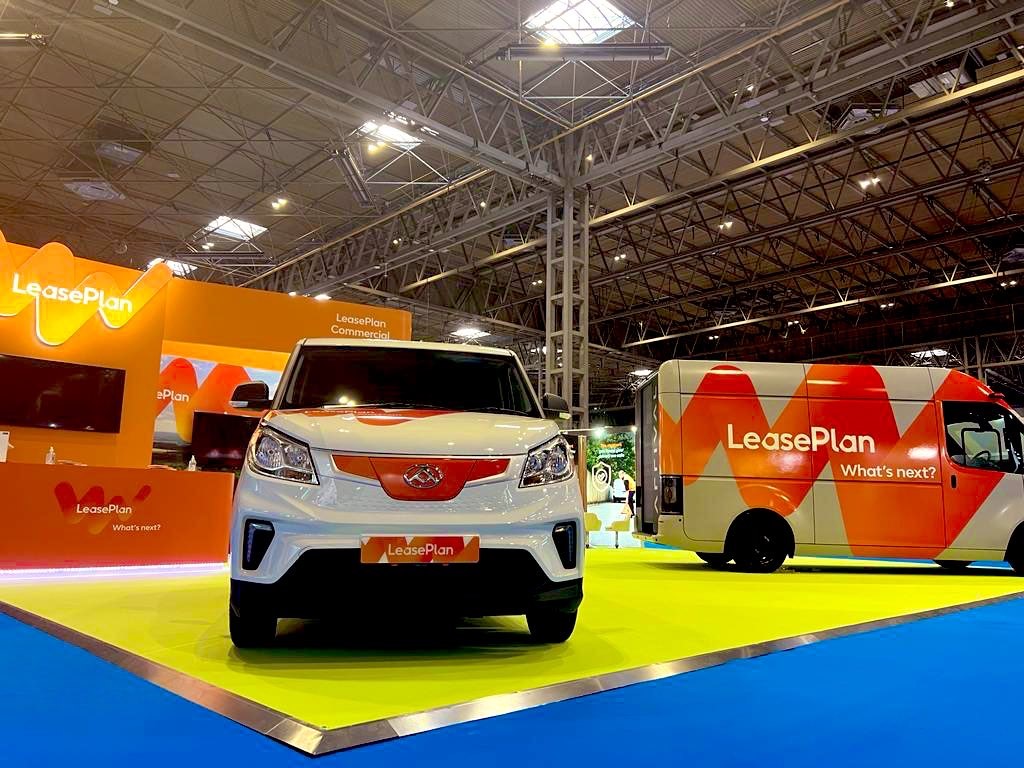Businesses running double-cab vans need to be on the lookout for unexpected bills from HM Revenue & Customs.
Businesses operating crew vans could be hit by far higher tax demands than they anticipated because of a grey area over how such vehicles are defined for income tax purposes, despite the manufacturer classifying such models as N1 commercial vehicles.
From 6 April 2015 the van benefit charge and van fuel benefit charge rose to £3,150 and £594 from £3090 and £581 respectively, giving a total annual charge of £3744 per vehicle.
However, car benefit charge is based on list price plus engine size, accessories and a percentage charge based on CO2 emissions. For example: a £21,000 Mercedes Vito dualiner with CO2 of 205g/km would accrue a total charge of more than £15,000.
HMRC considers that the primary purpose of crew vans is not for the carrying of goods and warned it could set a precedent for HMRC to challenge all operators of crew vans as to their purpose.
Manufactures are required to submit full detailed specifications under the EU Directive 2007/46/EU, which defines what a car is and what is a commercial vehicle.
Both the Vehicle Certification Industry (VCA) and the Driver and Vehicle Licensing Agency (DVLA) consider crew vans to be category N1 commercial vehicles, which are primarily constructed for carrying goods.
The HMRC has deviated from this definition for income tax while still allowing the recovery of VAT on crew vans. HMRC acknowledges that the definitions of ‘car’ and ‘van’ are different for income tax and VAT purposes.
HMRC state: “In order to be considered a van it must be of a construction primarily suited for carrying goods or other burdens. This means that a vehicle which is equally suitable for carrying passengers or goods will often be classified as a car for income tax purposes – it is the construction of the vehicle that is important, not the use that the vehicle is put to.”
According to HMRC’s definitions, the crew vans most likely to be classed as cars for both VAT and income tax are those with a payload of under one tonne and with a second row of seats, with or without windows.




